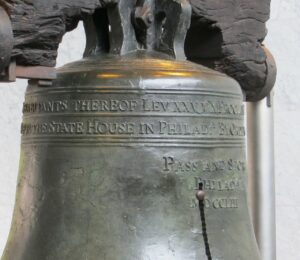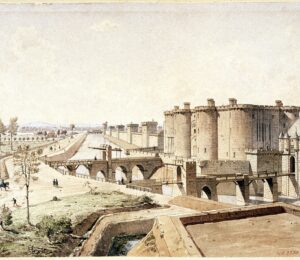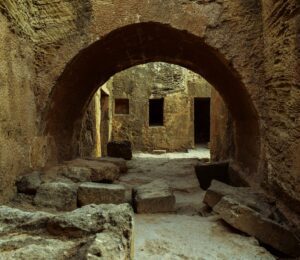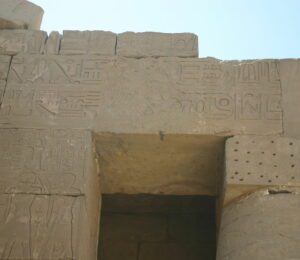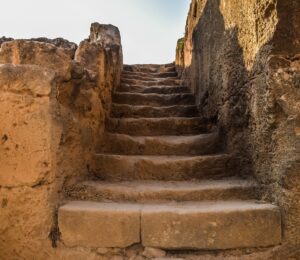The Jubilee
Scripture is like no other book; it tells the story of mankind from the beginning of time to the end of time. It does so with an authority not seen in other books because its inspiration comes from someone who knows everything. it was written by many people over hundreds of years, but its inspiration comes from the Creator of the universe. The Creator provides the history of the universe in broad terms so that we might understand our place in the universe and the reason why we walk the earth. Modern science tells us the universe consists of multiple… Read More »

